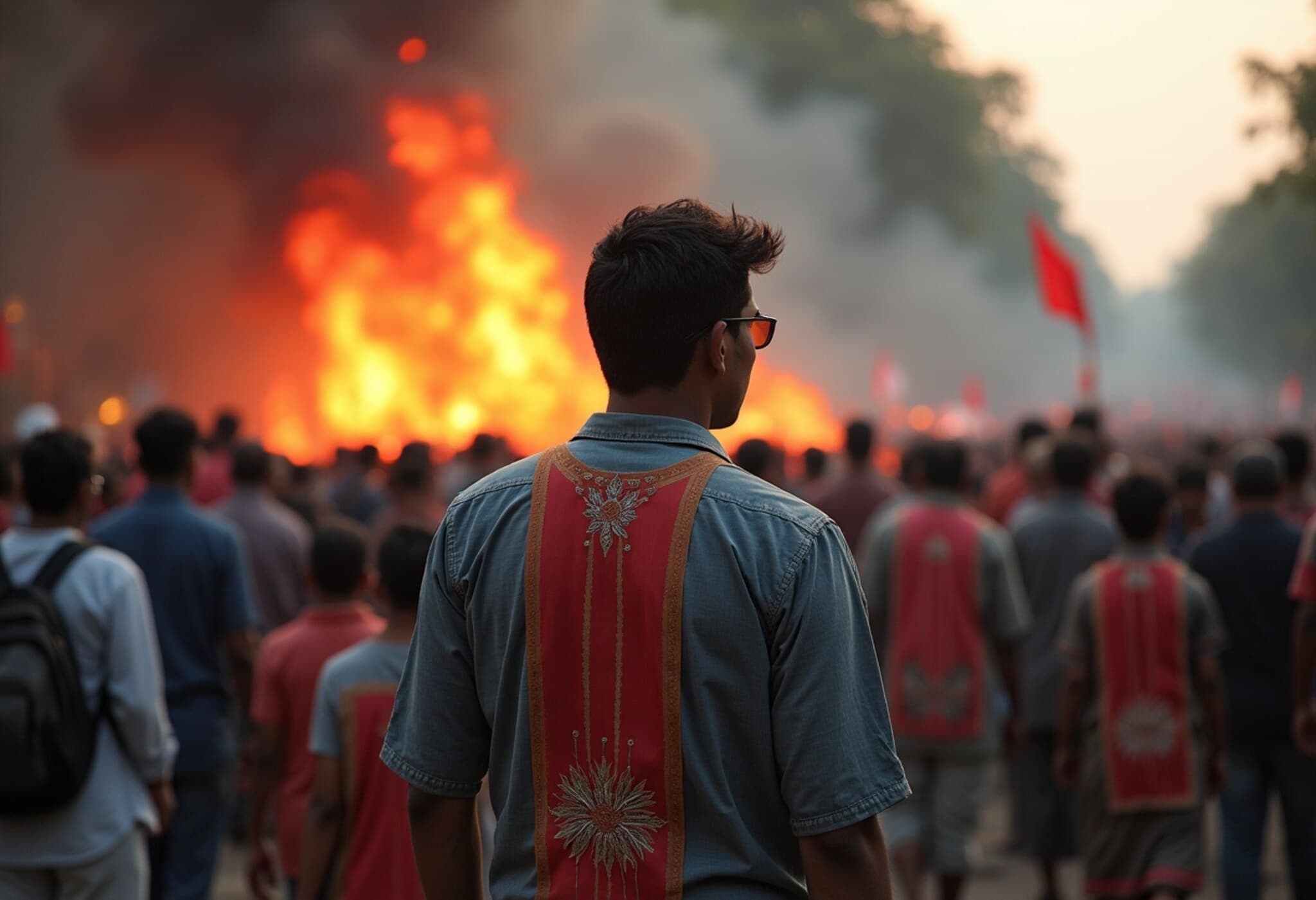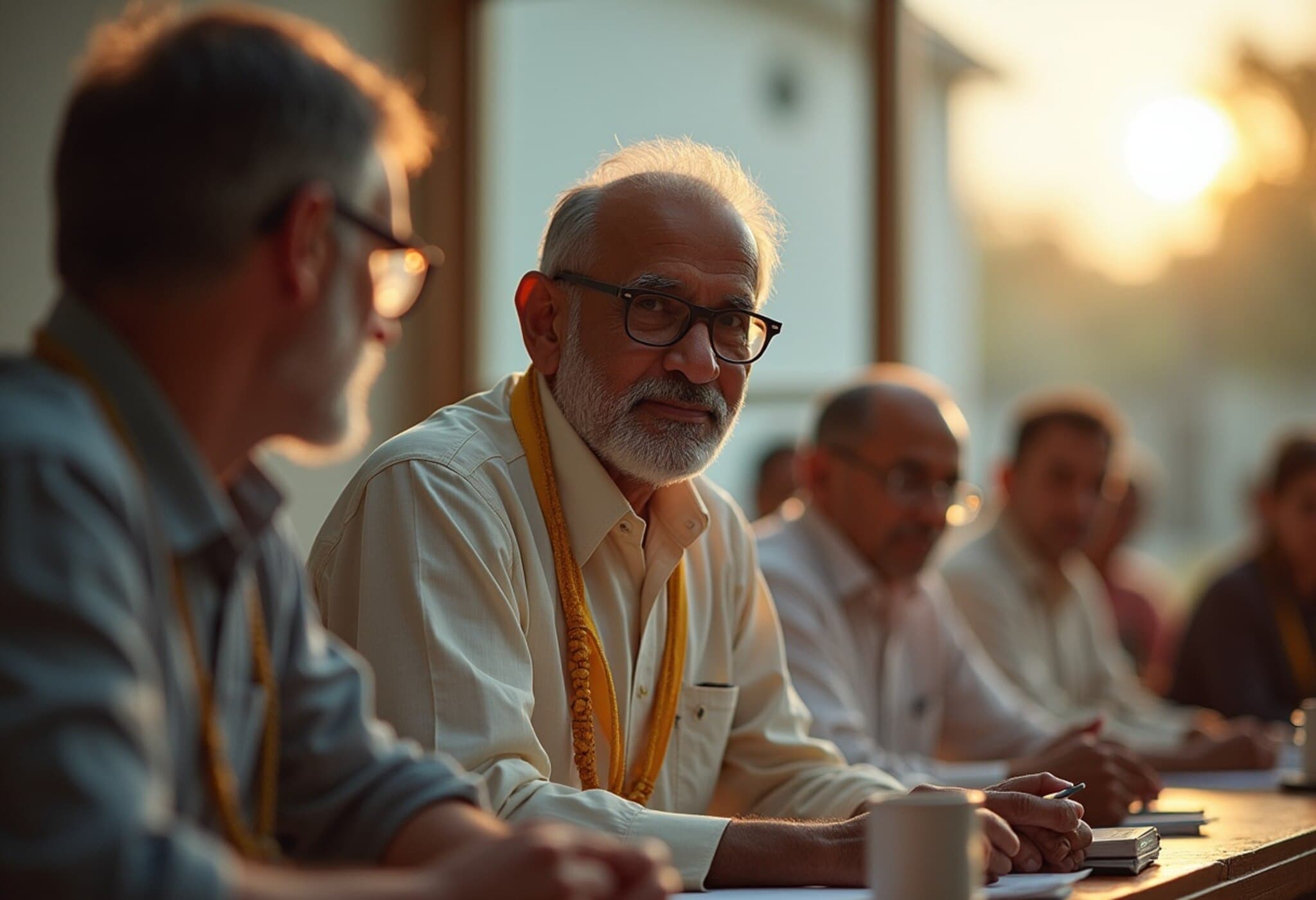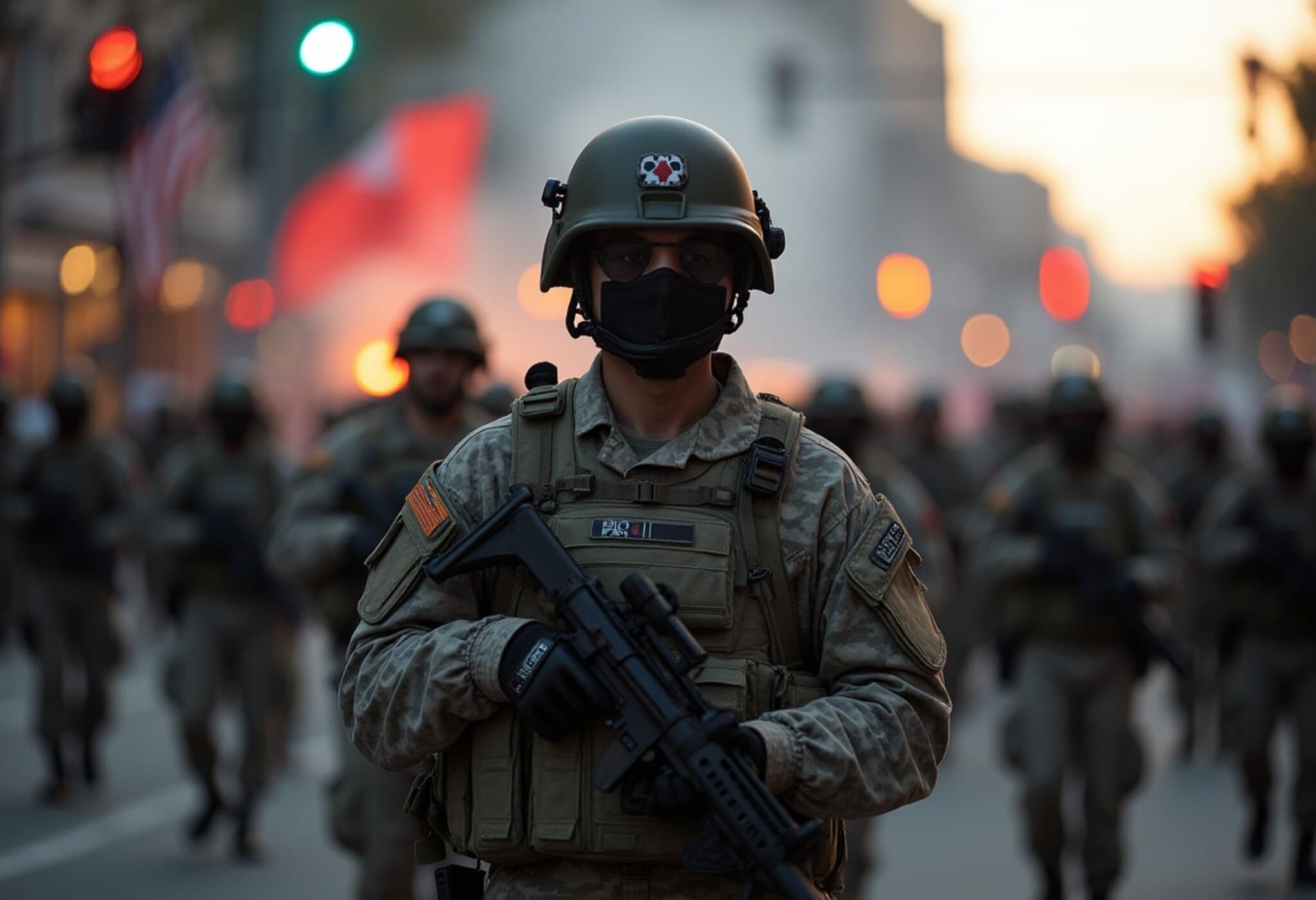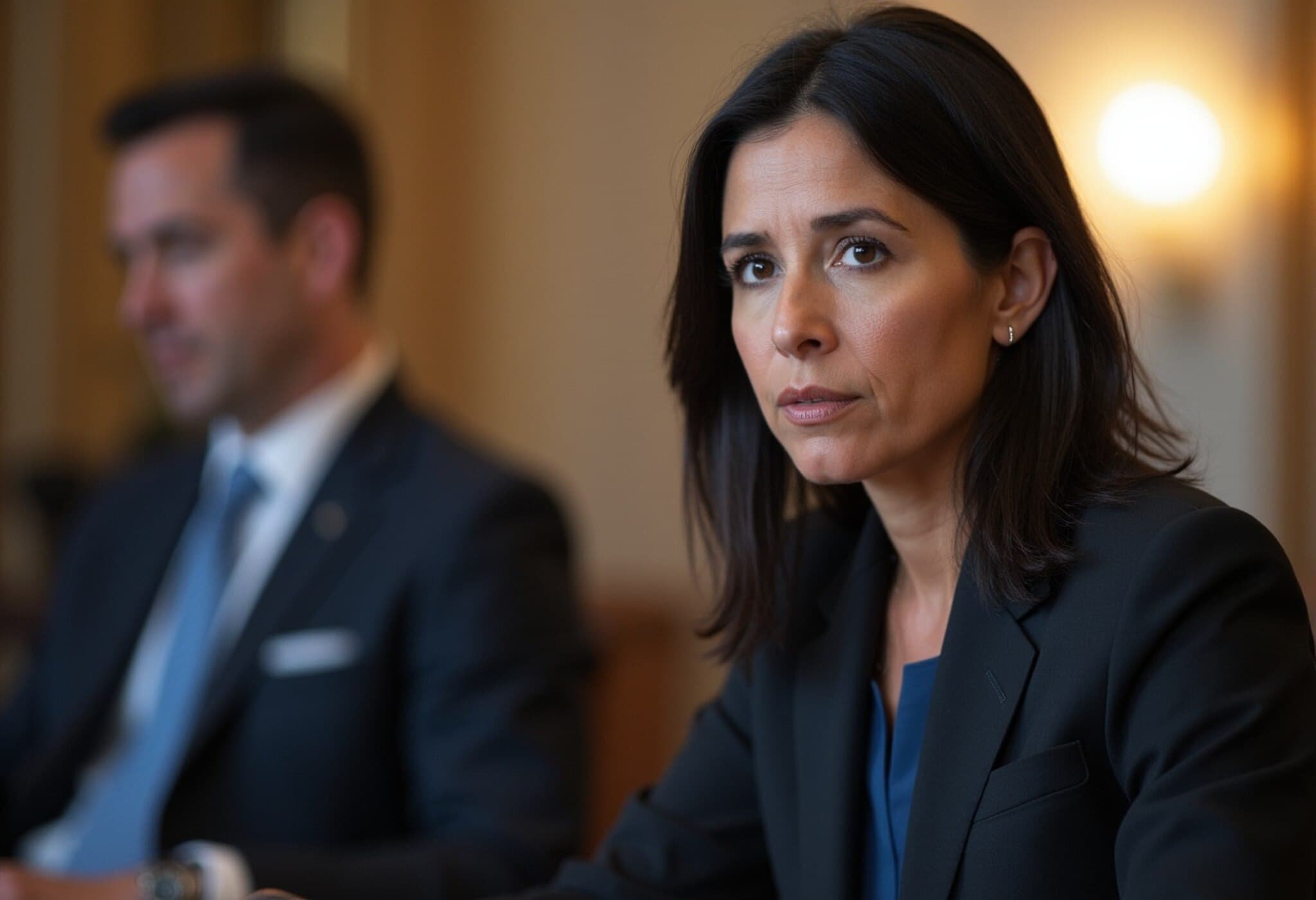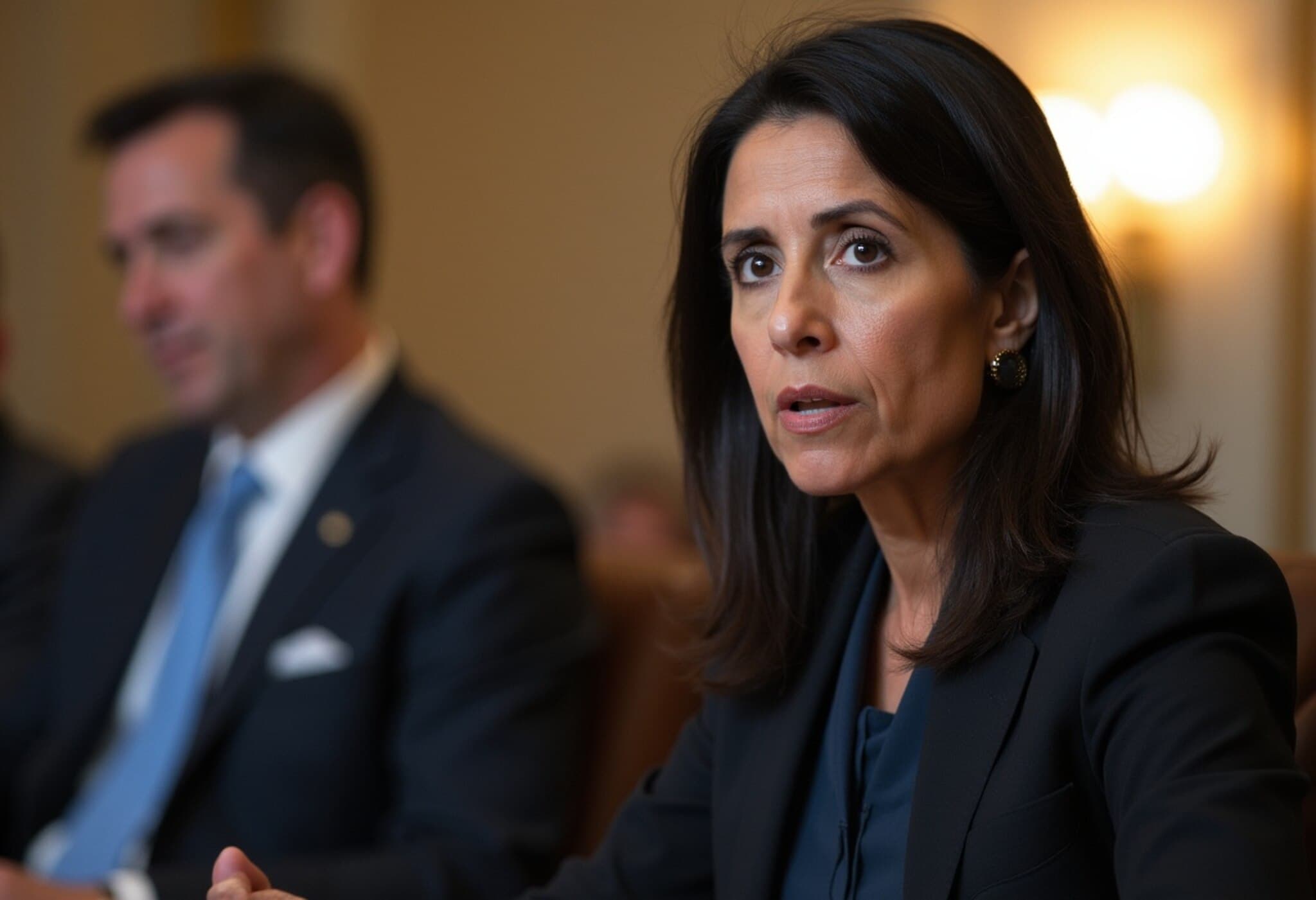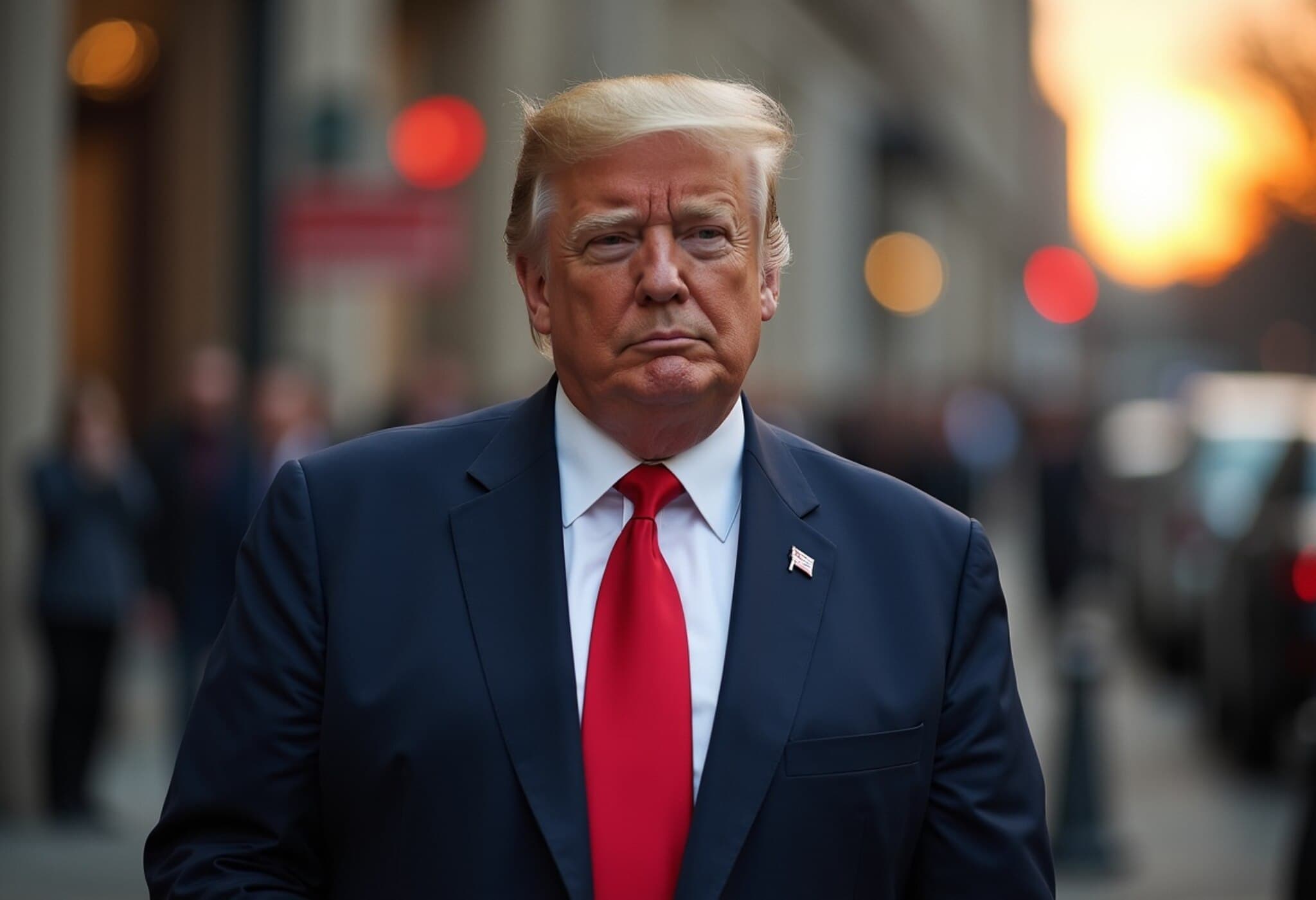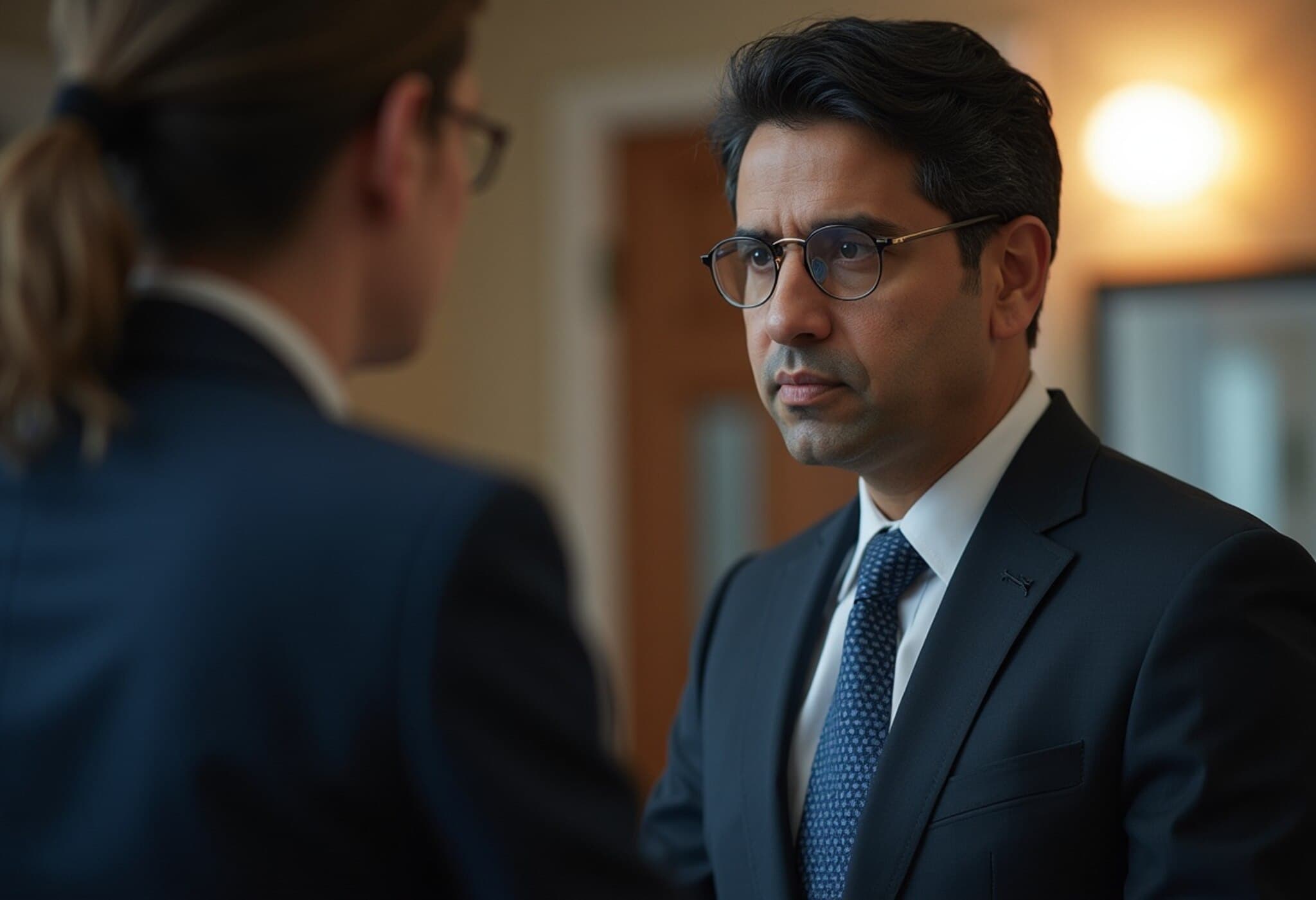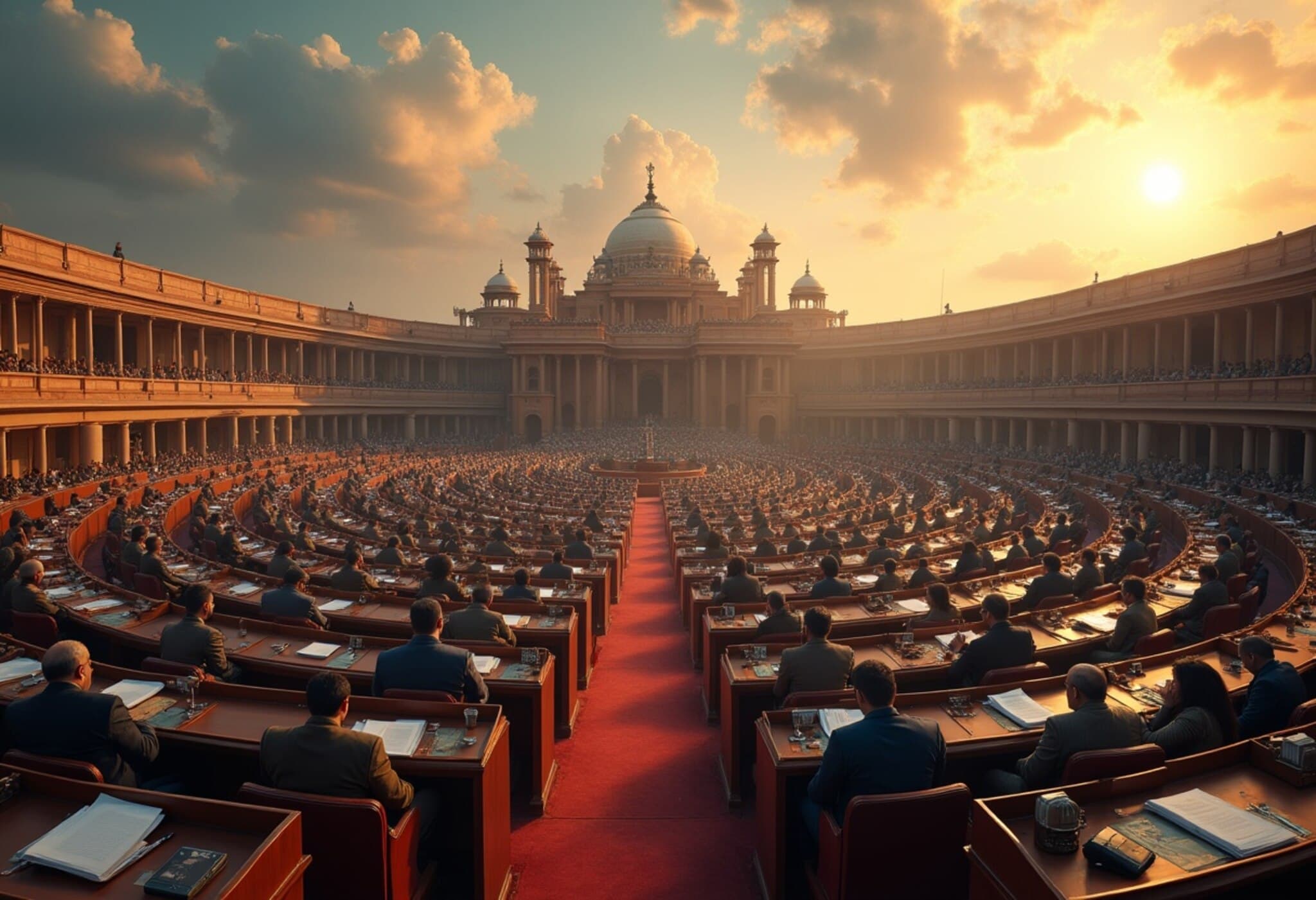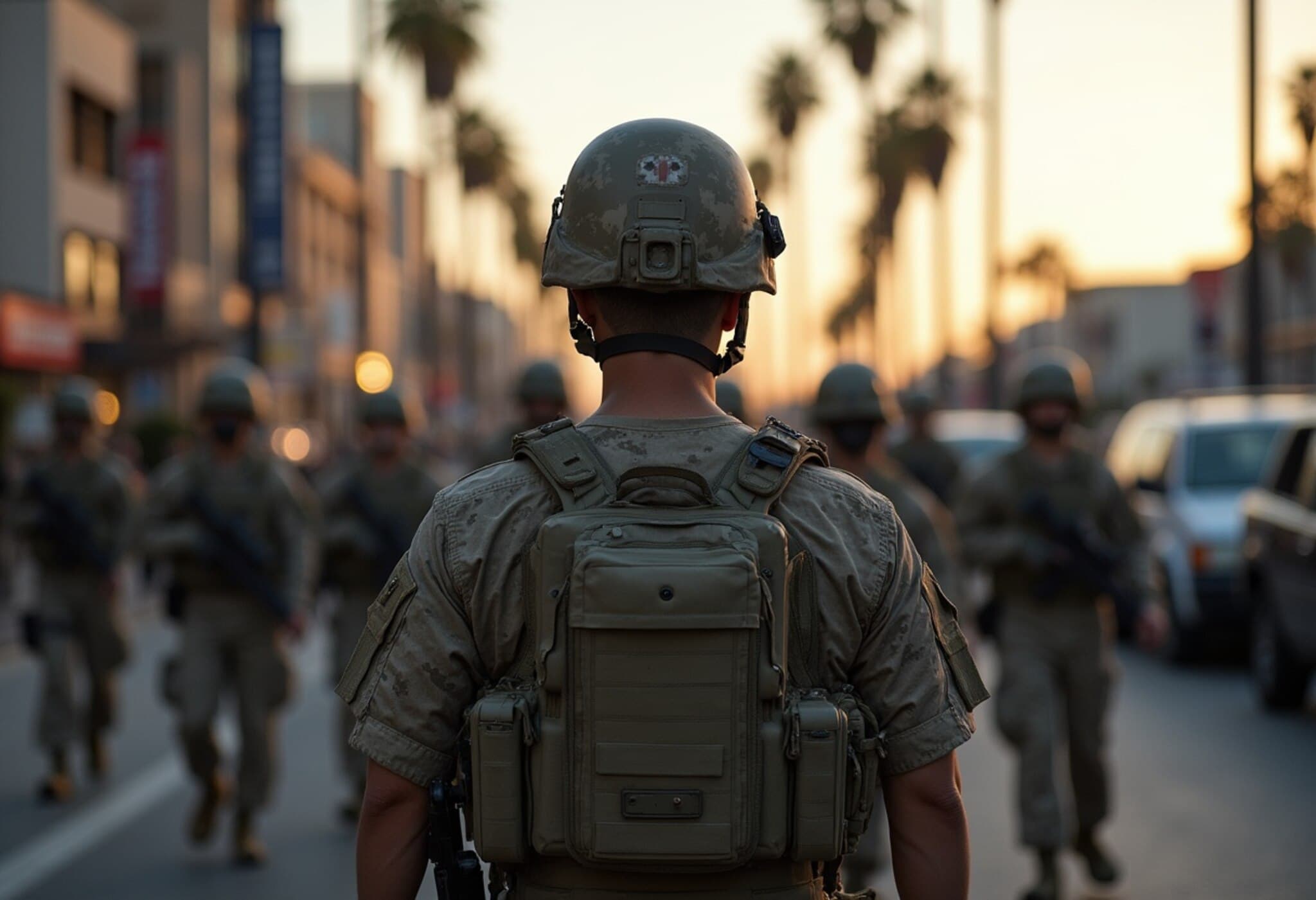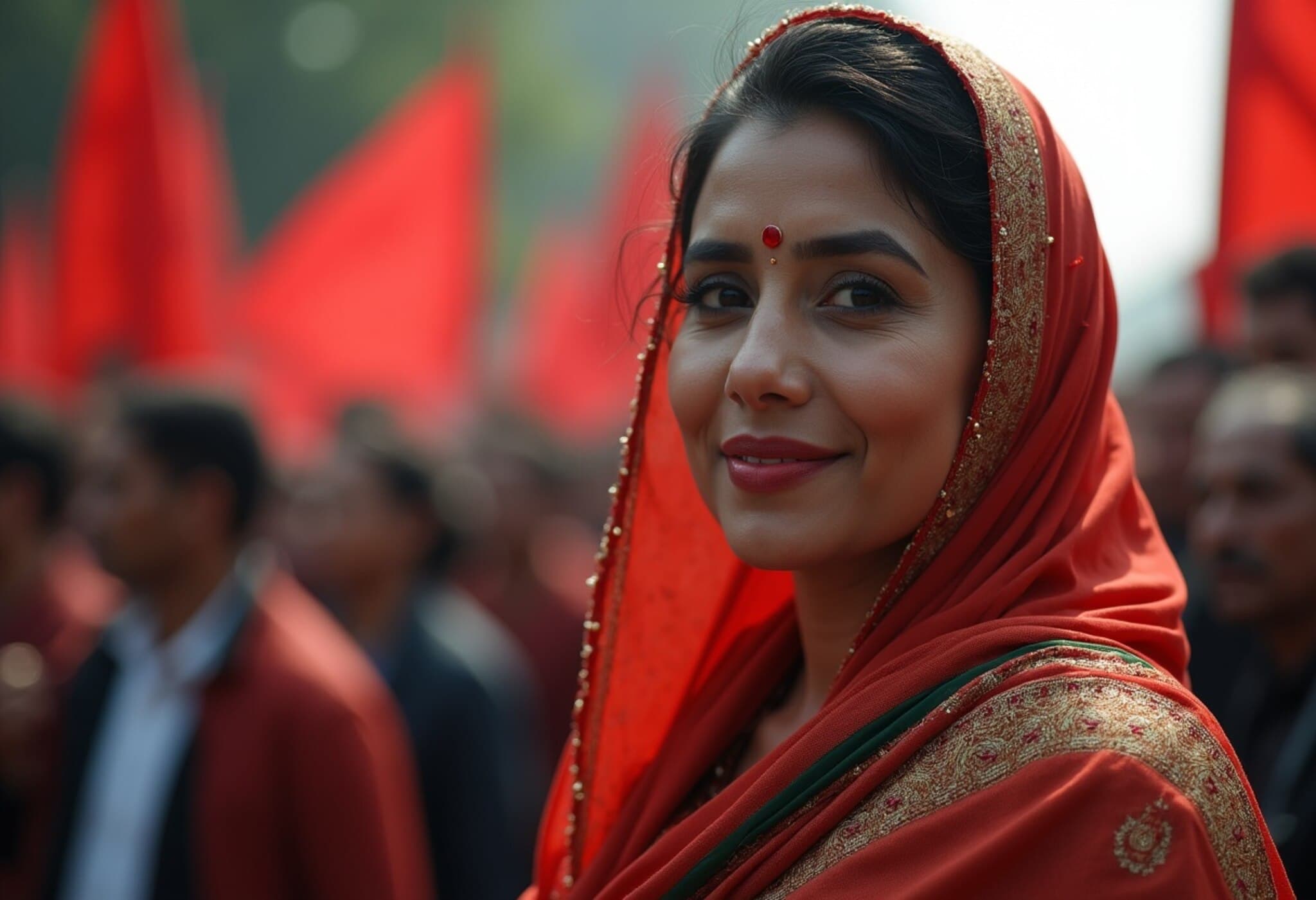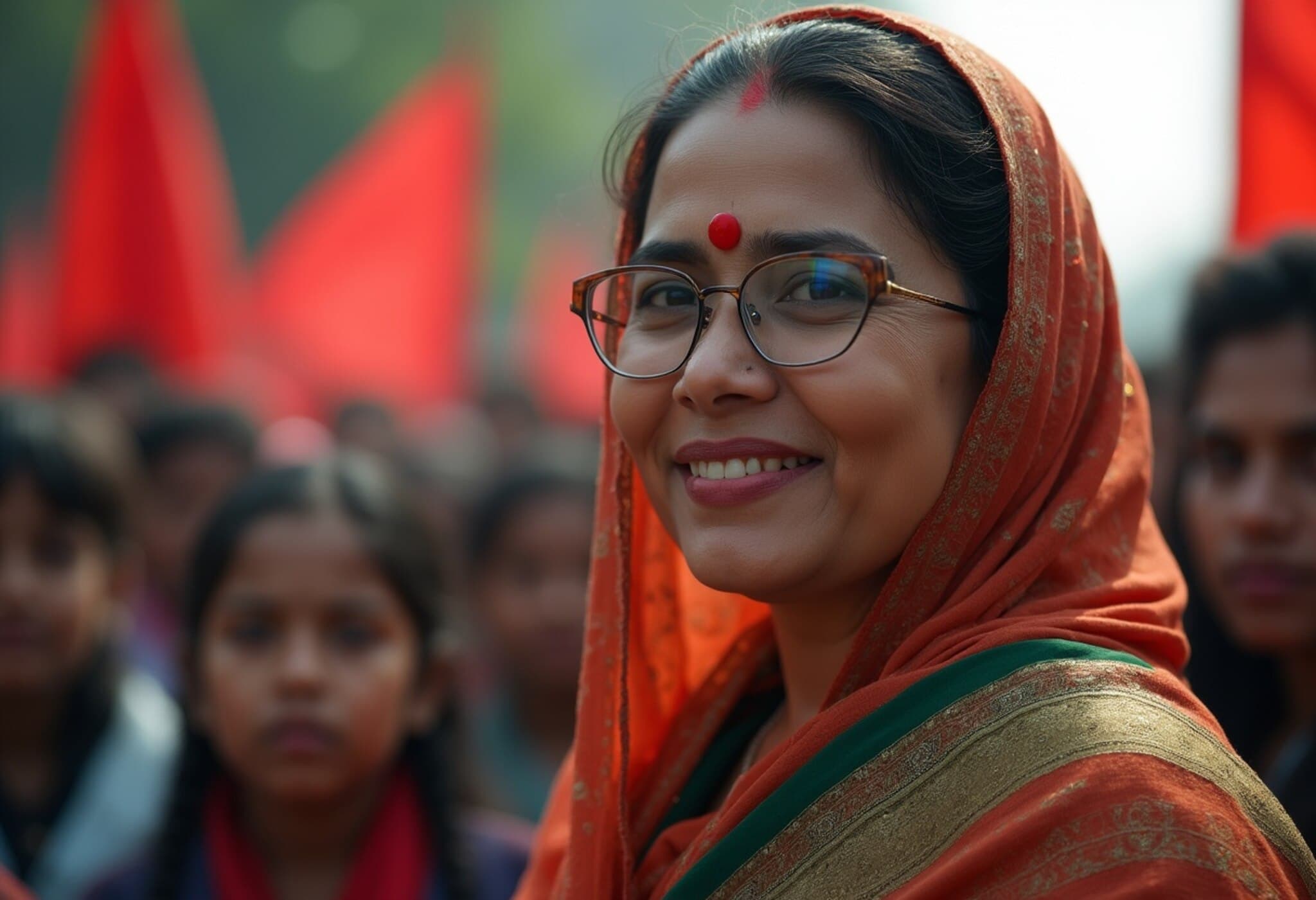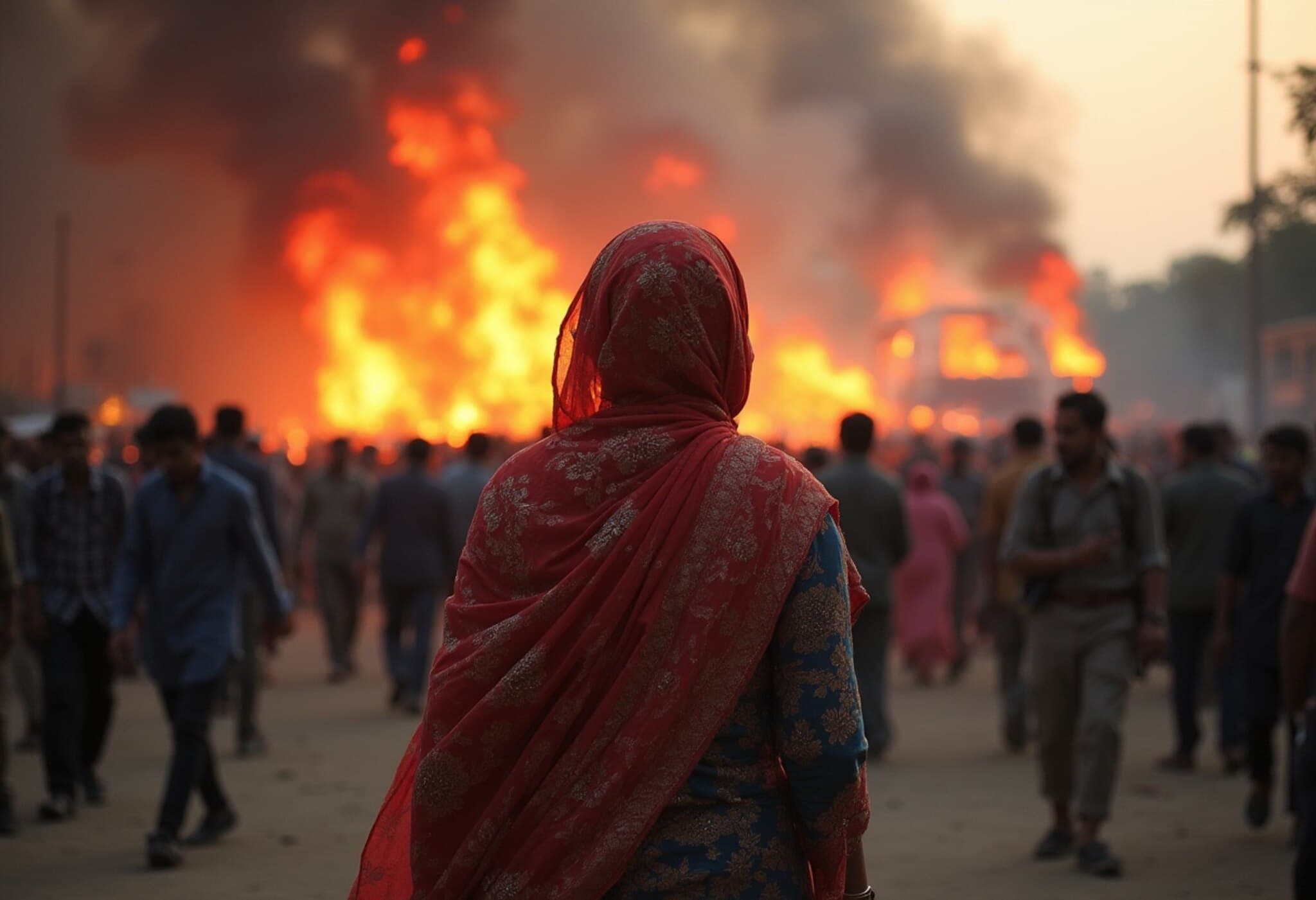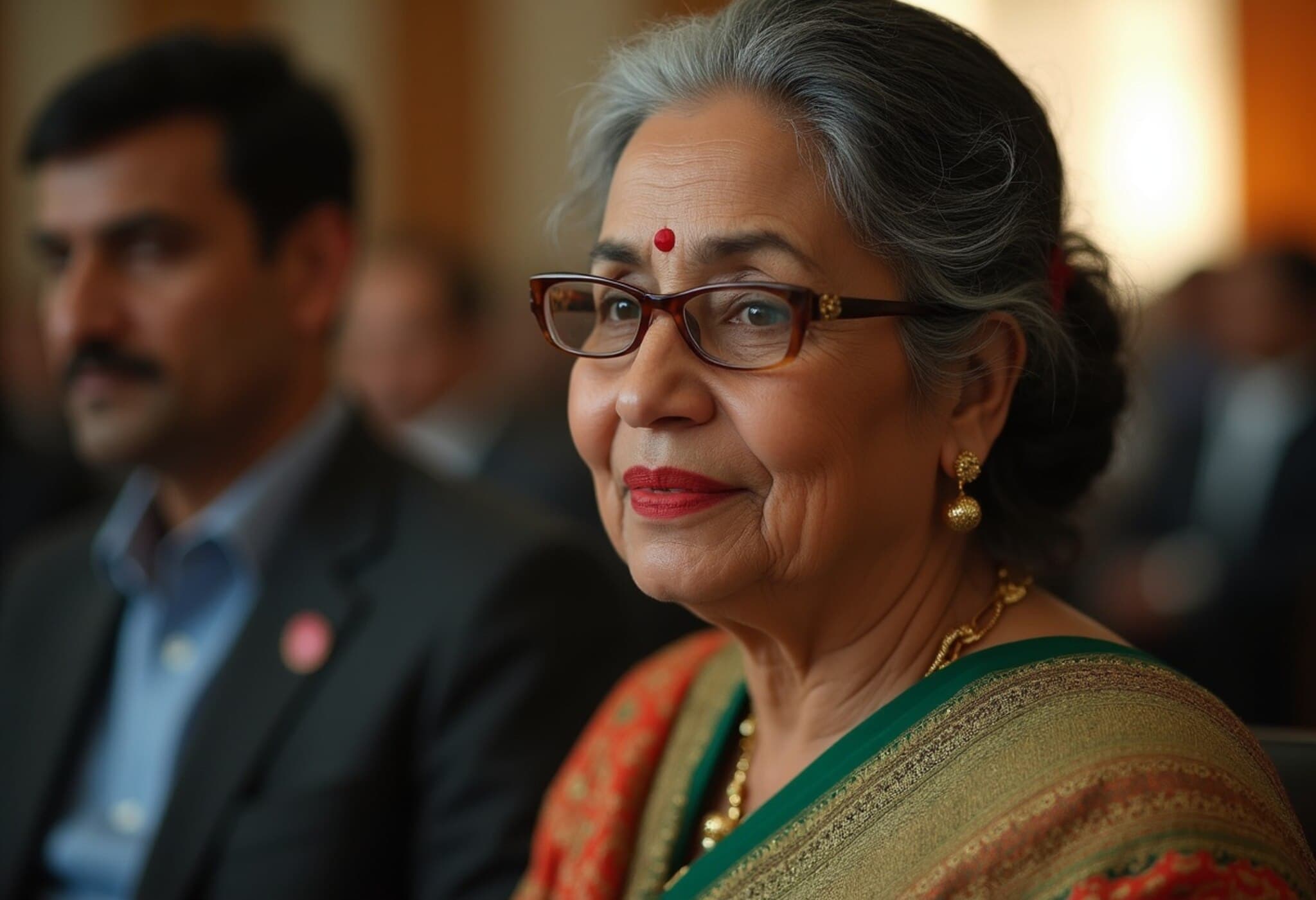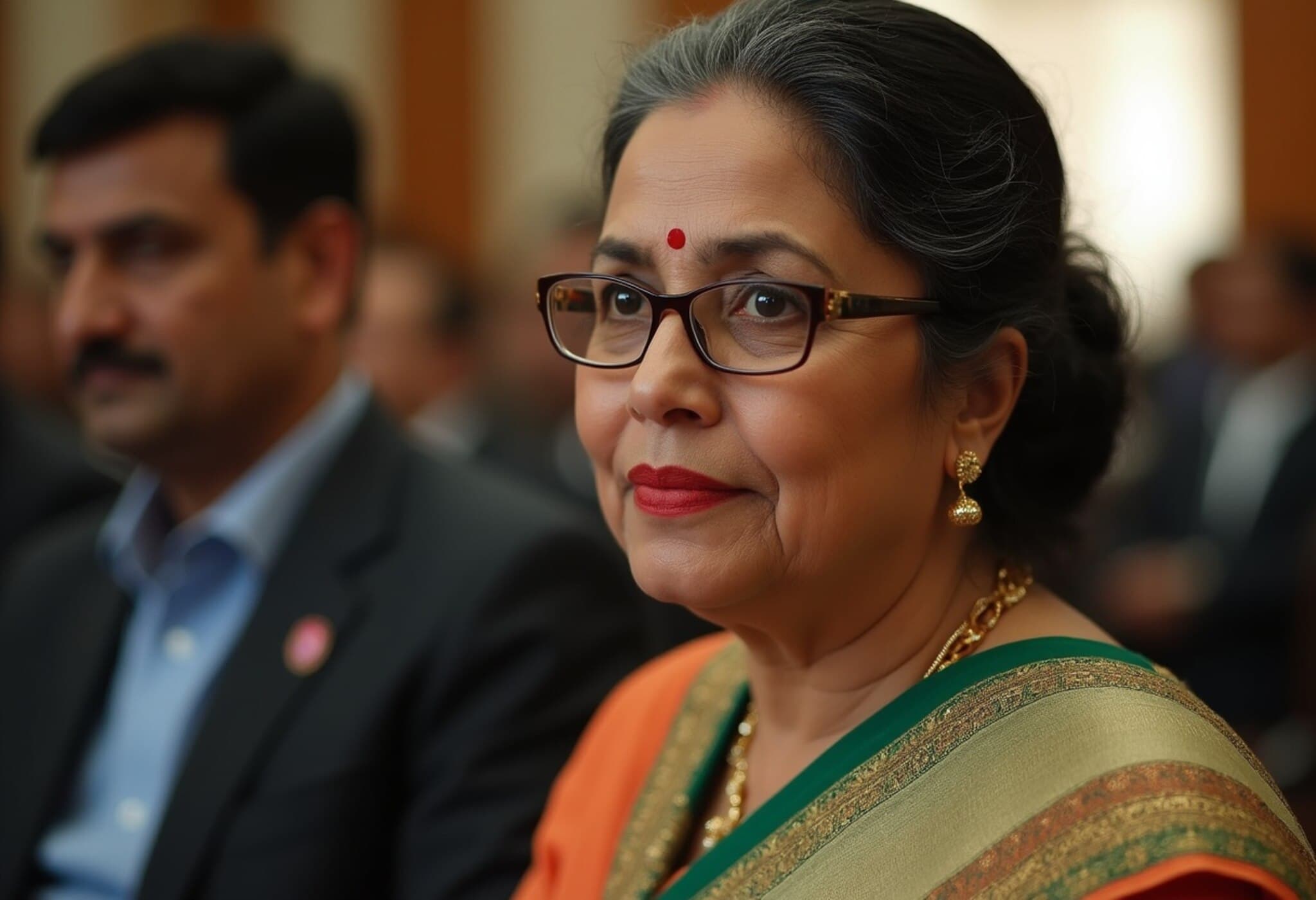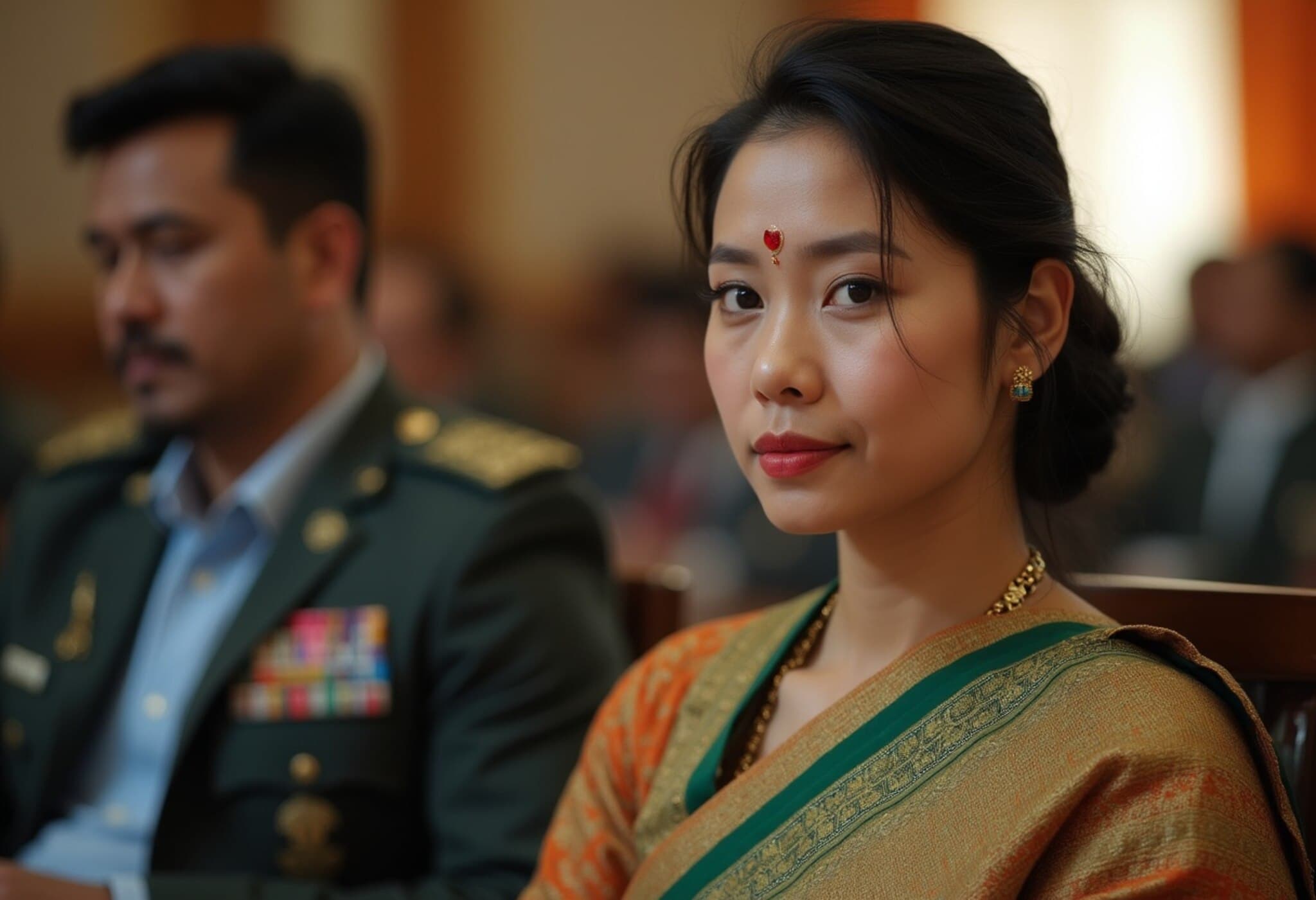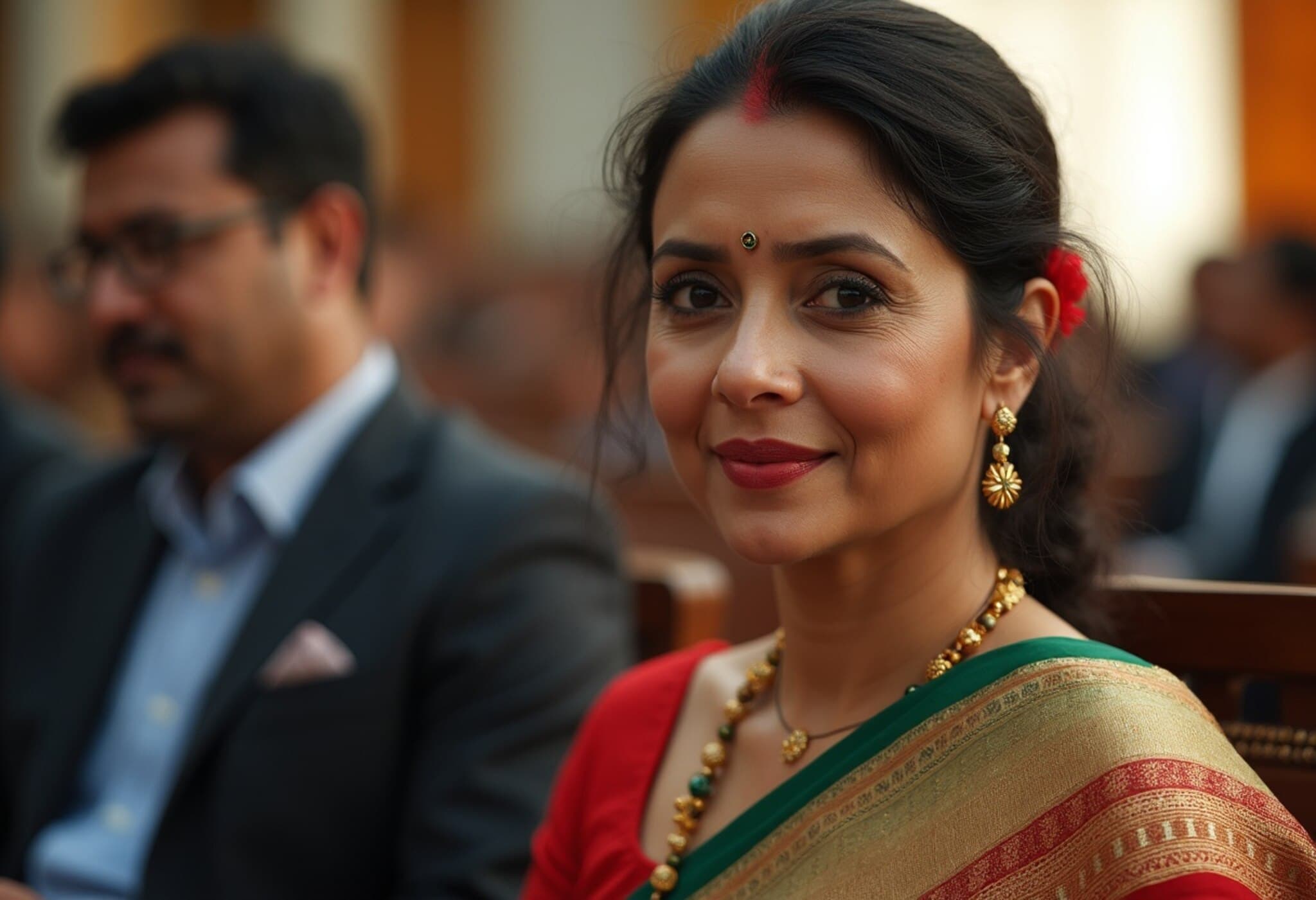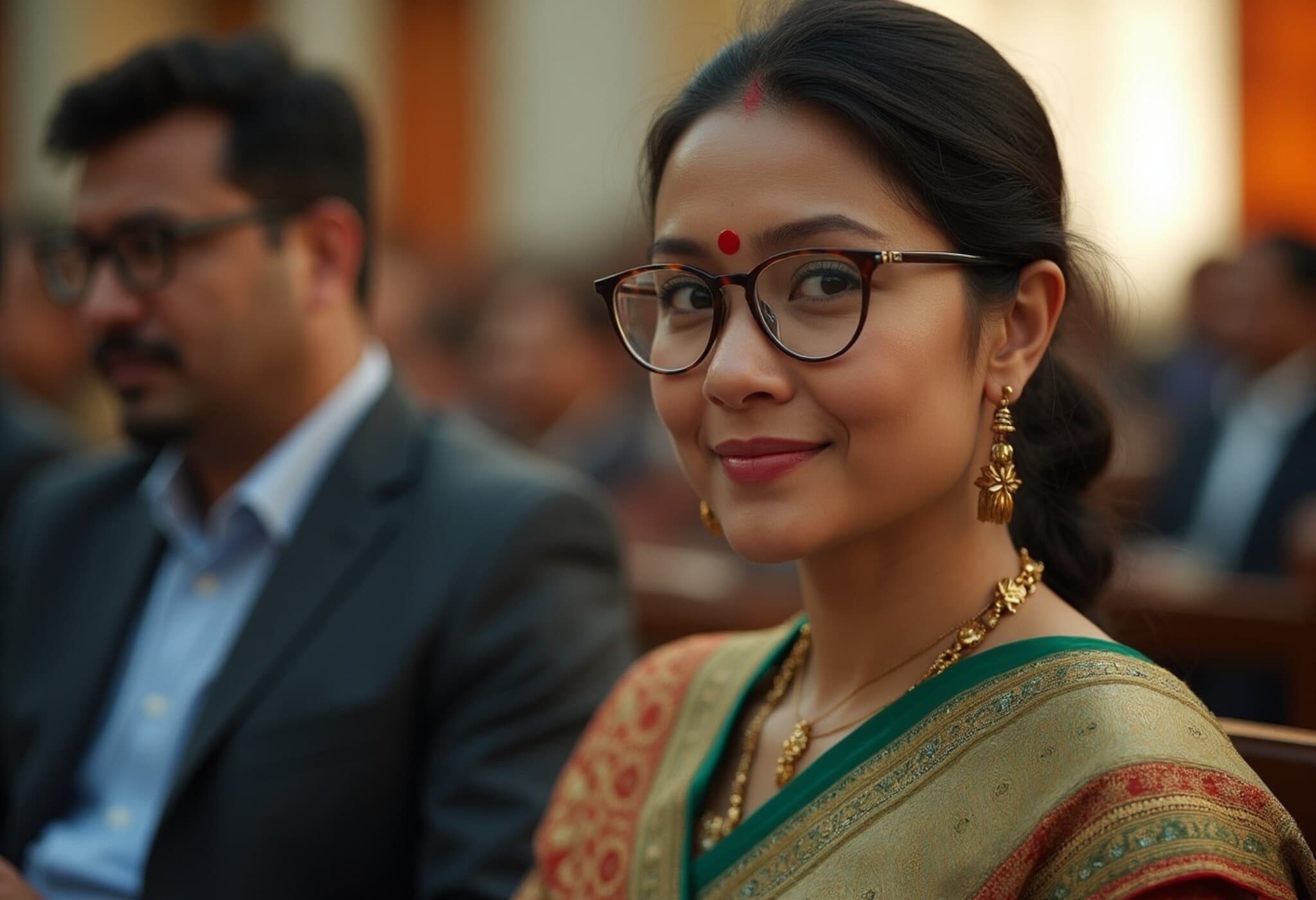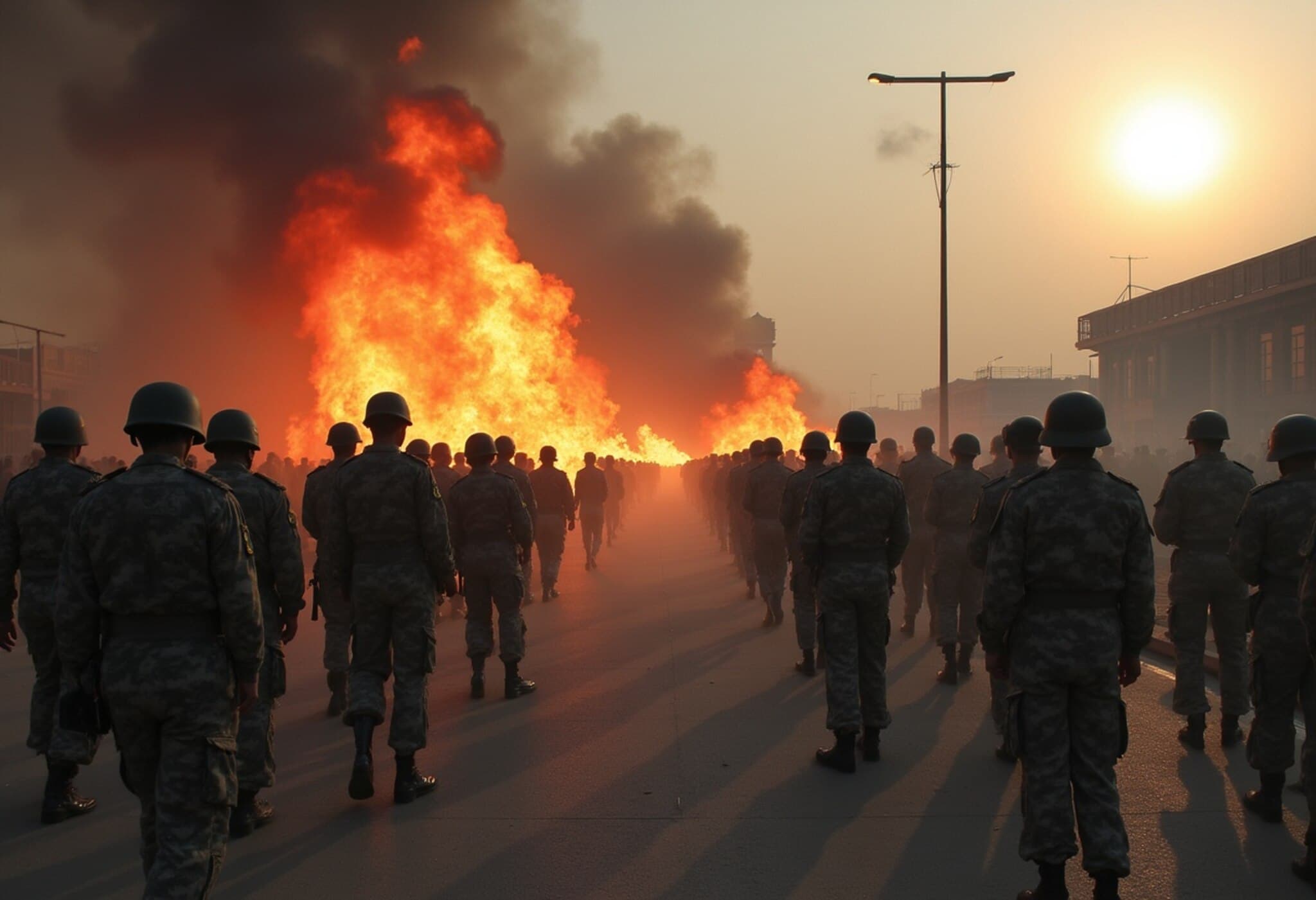Bangladesh Forms Inquiry Panel Amid Tumultuous Gopalganj Clashes
Bangladesh’s Chief Advisor Muhammad Yunus has taken a commanding step towards addressing the recent unrest in Gopalganj by establishing a six-member inquiry commission tasked with investigating the violent clashes that erupted on July 16, 2025. The commission’s focus is rooted in allegations that the banned Awami League and its student wing, the Bangladesh Chhatra League, orchestrated a deliberate attack against a National Citizens Party (NCP) rally.
Backdrop to the Violence: Political Tensions and Unrest
The Gopalganj clashes unfolded around a scheduled public rally of the National Citizens Party, sparking a rapid deterioration of law and order. Following the turmoil, multiple government facilities, including the district prison stationed in the heart of the district headquarters, came under violent assault, triggering widespread concern for public safety.
Responding to these exigent circumstances, Dr. Yunus highlighted the necessity for a rigorous inquiry to fathom the causes and actors behind the unrest. He stated that the commission’s formation was imperative for restoring public trust and order.
Composition and Mandate of the Inquiry Commission
- Chairperson: Retired Supreme Court Justice Dr. Md. Abu Tariq, a decorated freedom fighter, renowned for judicial integrity.
- Additional members include Khandaker Md. Mahbubur Rahman (Public Security Division), Md. Saiful Islam (Senior District and Sessions Judge), Brigadier General Shahidur Rahman Osmany (21 Infantry Brigade Commander), Sardar Nurul Amin (Additional Inspector General of Police), and Dr. Sajjad Siddiqui (Chair, Department of Peace and Conflict Studies, University of Dhaka).
Operating under Section 3 of the Commission of Inquiry Act, 1956, this body is charged not only with uncovering the roots of the violence but also recommending appropriate legal actions and preventive measures against future disruptions. The commission’s remit extends to detailed investigation of attacks on state institutions and evaluating the overall impact on public order.
Government Response and Political Implications
The initial probe conducted by a preliminary committee has openly implicated supporters linked to the outlawed Awami League and its affiliates in the so-called planned attack on the NCP gathering. The violent outbreak compelled local authorities to invoke Section 144 of the Criminal Procedure Code, enforce a curfew, and deploy armed forces under the In-Aid-to-Civil Power provisions—indications of the gravity of the unrest.
Although official casualty numbers remain undisclosed, the crackdown has escalated tensions, with human rights observers urging transparency and cautious use of security forces.
A key point of controversy is the Chief Advisor’s public attribution of blame to the former Prime Minister Sheikh Hasina’s banned political faction, a move that deeply polarizes political discourse in Bangladesh and raises concerns over the treatment of proscribed political groups within the nation's democratic fabric.
Looking Ahead: Accountability and National Stability
With the Public Security Division of the Ministry of Home Affairs overseeing logistical and financial support, the commission is expected to deliver its findings within three weeks. Its conclusions and recommendations will be pivotal in shaping Bangladesh's strategic approach to political dissent, security management, and safeguarding democratic rights.
Experts underscore the importance of an impartial and thorough investigation to prevent the marginalization of political entities and ensure that accountability transcends partisan divides.
Expert Insight
From the perspective of political stability, Bangladesh is at a crossroads. The government's decisive stance on these clashes could reinforce rule of law if handled transparently. Conversely, the targeting of banned parties risks exacerbating political alienation. International observers note that fostering dialogue, even with oppositional groups, is critical in complex political landscapes to avoid cycles of violence and instability.
Editor’s Note
The formation of this inquiry commission signals Bangladesh’s urgent attempt to address political violence that threatens both social cohesion and governance. Readers should pay close attention to the commission’s findings and how the government balances hard security measures with the rights of political expression. How Bangladesh navigates these tensions could provide lessons for other nations facing similar challenges between civil liberties and political order.

